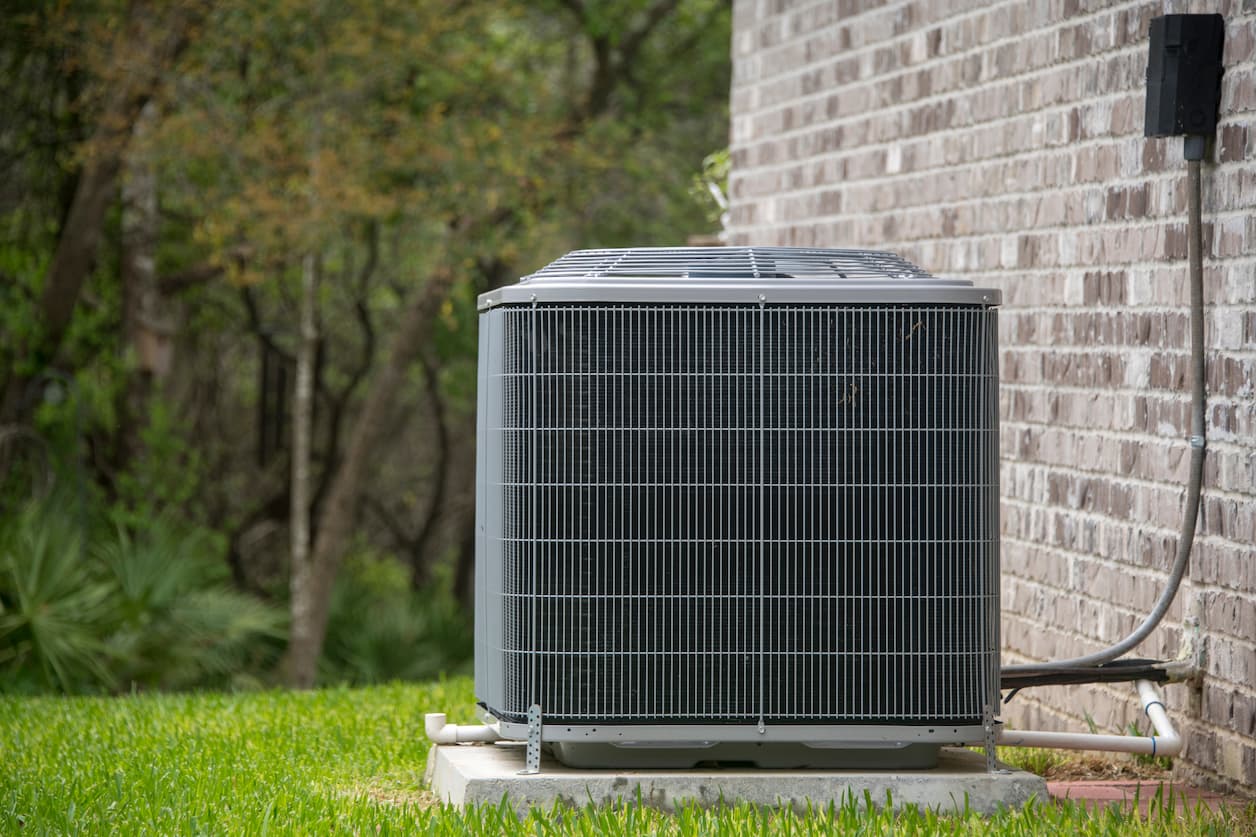The heat and air conditioning in your abode is an essential aspect of everyday life, from comfortably chilling off on a cool evening to regulating the temperature during periods of extreme heat. Whether you are upgrading your current HVAC system or planning for one for your residence, it is essential to consider several factors before making any decisions.
The first consideration should be how much space you have available for installing the appliances. Air-source, electric wall or window units as well as stand-alone central air conditioners can all provide suitable cooling and heating within different spaces. If budgeting is an issue and space is limited then an attic unit might be ideal. Likewise, if accessibility is an issue such as if located in a basement area then an in-floor unit may be more suitable.
For those who prefer their dwelling environment to remain at a constant temperature throughout the day, choosing an energy efficient HVAC system would be wise. If you are not keen on having multiple appliances taking up unnecessary storage space within your house then investing in a mini-split system could prove beneficial!
1. Determine the number of rooms you’ll be heating and cooling
Before beginning your quest for an HVAC system, it’s critical to assess the number of rooms you’ll be cooling and heating in your abode.
Ensure that each room has its own thermostat (and one for shared spaces) so that you can monitor and regulate temperatures at will; this is also a smart idea given that some establishments may not have central HVAC systems installed. Alternatively, if you’re adding on an addition or remodeling operation, consider whether these projects might require energy-efficient HVAC equipment.
2. How often will you be home
If you plan on leaving your home only occasionally, then a low-cost, high efficiency heating-only HVAC system could be the best choice.
If however, like most households, you are regularly in and out of your abode over the course of a single day – or multiple such days – it may pay to invest in a higher-quality system that can perform more functions.
3. Are you comfortable with maintaining your HVAC system?
Whether you’re entrusting a professional or tackling the task by yourself, it’s important to choose an HVAC system that is both affordable and easy to maintain: if not, it could prove costly in the long run!
For instance, if you opt for an HVAC system with high-tech technology that requires regular inspection and maintenance by a qualified technician; it will be more costly than one without such requirements.
4. Are you obsessed with energy saving registers and thermostats?
If you are acutely conscious of your utility bills, then consider investing in energy saving devices for your home. Such innovations could potentially save you up to twenty percent on heating and cooling costs!
If you have any, consider replacing inefficient registers with electronic models that can automatically adjust temperatures based on the season and time of day.
Additionally, consider purchasing weather-sensitive thermostats that allow users to remotely control their environments.
5. How much are you willing to spend on upgrading your heating and air conditioning equipment in the future?
However, if your budget does not permit for an upgrade in the near future, investing in a more energy-efficient HVAC system could yield significant savings.
A verdict from our article: If you’re contemplating upgrading your HVAC system in the next five years – and have an average income level – then replacing your current unit with a more efficient model could add up to hundreds of dollars per year in energy cost savings.
For those with higher budgets at hand, who plans on keeping their present HVAC unit for many years to come – perhaps even decades! – an investment on upgrading is well worth it!
6. What do your neighbors have?
When determining the ideal HVAC unit, it’s prudent to inquire about your neighbors’ facilities. Is this a residential area with only single-family dwellings or are there multiple-unit structures?
Ensure you select an HVAC system that is compatible with your residence’s layout and size, while also ensuring that it can adequately accommodate any future additions or modifications.
Prioritizing Long-Term Comfort
Make the choice to invest in an HVAC system for your home? Investing in a high-quality HVAC system is akin to investing in your home’s long-term comfort. These systems regulate temperature, control humidity, and improve the overall air quality in your home. As such, they play a pivotal role in creating a living environment that is comfortable and healthy for you and your family. Therefore, taking the time to carefully consider your decision is not just recommended, it is crucial.

